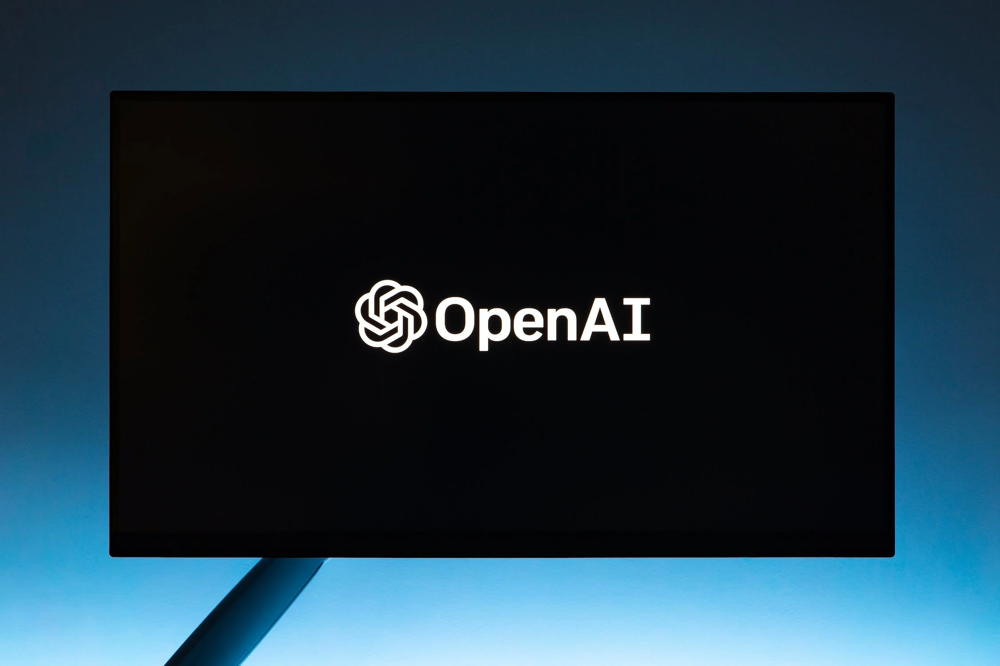OpenAI Faces Possible Defamation Lawsuit Over ChatGPT Content

A mayor in Australia has warned he may sue OpenAI if the firm does not correct false bribery claims by ChatGPT
Not everyone is a fan of OpenAI’s ChatGPT AI chatbot it seems, after an Australian mayor threatened legal action against it.
Reuters reported that Brian Hood, who was elected mayor of Hepburn Shire (near Melbourne) last November, has said he may sue OpenAI if it does not correct ChatGPT’s false claims that he had served time in prison for bribery.
If Hood follows through on his warning, it could be the first defamation lawsuit filed against the artificial intelligence chatbot.

Lawsuit warning
The issue started when mayor Brian Hood became concerned about his reputation when members of the public told him ChatGPT had falsely named him as a guilty party in a foreign bribery scandal involving a subsidiary of the Reserve Bank of Australia in the early 2000s.
Reuters noted that Hood did work for the subsidiary, Note Printing Australia, but he was actually the person who notified authorities about payment of bribes to foreign officials to win currency printing contracts, and he was never charged with a crime, lawyers representing him have reportedly said.
The lawyers said they sent a letter of concern to ChatGPT owner OpenAI on 21 March, which gave OpenAI 28 days to fix the errors about their client or face a possible defamation lawsuit.
OpenAI is based in San Francisco, and has not yet responded to Hood’s legal letter, the lawyers said.
OpenAI did not respond to a Reuters email out of business hours.
Defamation cases
Multiple online defamation cases have emerged over the past decade.
In 2019 Elon Musk apologised to a British cave diver over his controversial ‘pedo guy’ tweet about one of the rescuers of the Thai boy football team who were trapped in a flooded cave in 2018.
In 2019 the founder of MoneySavingExpert and well known money saving expert Martin Lewis dropped its High Court lawsuit against Facebook, after Meta agreed to introduce a scam ads reporting button.
Lewis had sued Facebook in April 2018 “to try and stop all the disgusting repeated fake adverts from scammers it (Facebook) refuses to stop publishing with my picture, name and reputation.”

However if mayor Hood decides to press ahead with his lawsuit against OpenAI, it could be a landmark moment for the artificial intelligence sector.